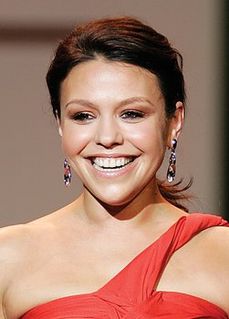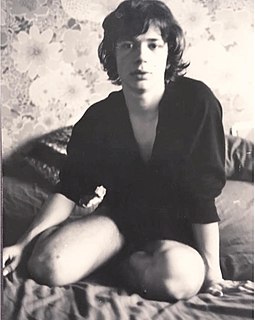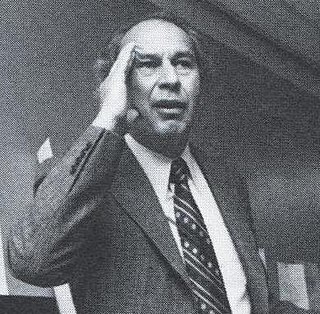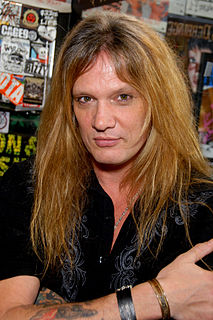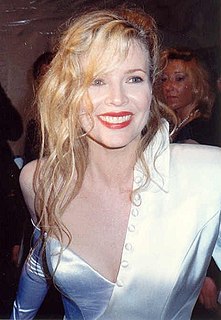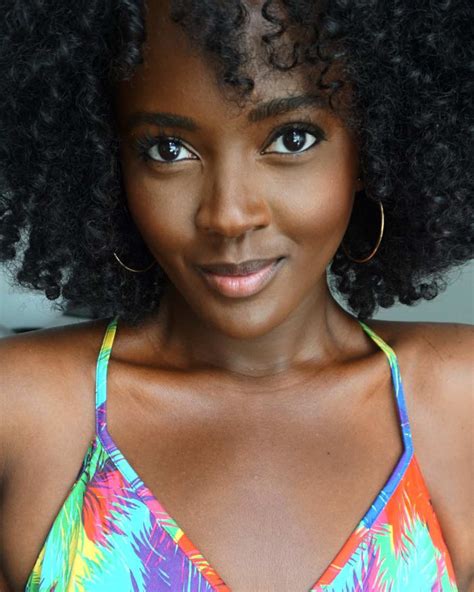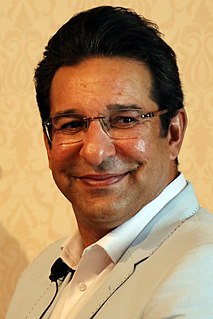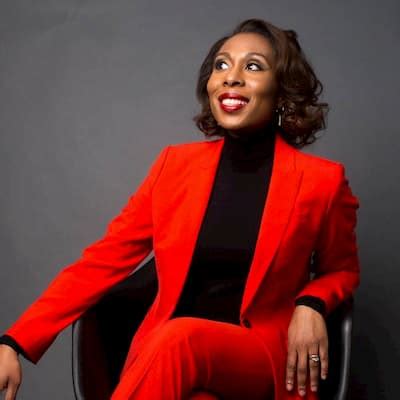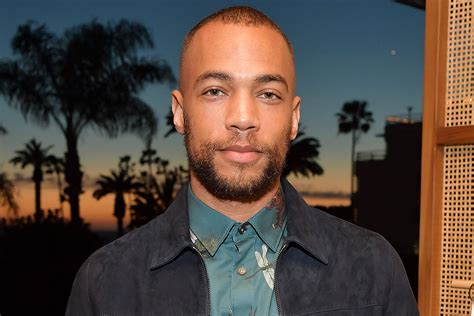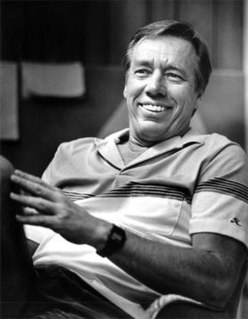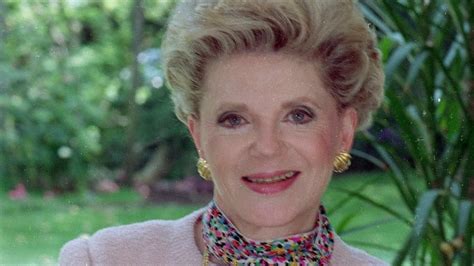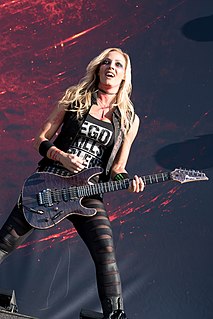Top 1200 Magazine Covers Quotes & Sayings - Page 3
Explore popular Magazine Covers quotes.
Last updated on April 22, 2025.
The editor needs to put his own life on hold for the better of the magazine, the crew, and the readers. And to have a bigger vision of the magazine's style and an understanding that every [issue] should be well-balanced and hopefully surprising. To have a pink wall with a door of perception where he can bang his head on.
In September 2005, I was three things: the media blogger for 'FishbowlNY,' a maniacal Daily Show fan, and the only person to smuggle a tape recorder and camera into a big Magazine Publishers of America event featuring Jon Stewart interviewing five hotshot magazine editors in an unbelievable bloodbath.
A supermodel needed to be able to be on 'Sports Illustrated,' to be able to walk runways, to be able to do beauty ads, to be on covers. And the girls now can no longer be on covers and be in the ads because your actresses have taken over all the jobs. I don't know what happened, but we want our jobs back.
Sven Schumann did an interview with photographer Wolfgang Tillmans in Berlin addressing the question: What is photography today when everyone is a photographer? These kinds of questions and answers you find in a magazine, on paper and not on Instagram. For me this is the essence of a magazine - it's questioning what's going on today and celebrating true creativity without compromise.
After eating, an epicure gives a thin smile of satisfaction; a gastronome, burping into his napkin, praises the food in a magazine; a gourmet, repressing his burp, criticizes the food in the same magazine; a gourmand belches happily and tells everybody where he ate; a glutton empraces the white porcelain alter, or more plainly, he barfs.
I am tortured too. I am tortured by belly fat and magazine covers about how to please everyone but myself. I am tortured by sheep who click on anything that will guarantee a ten-pound loss in one week. Sheep who will get on their knees if it means someone will like them more. I am tortured by my inability to want to hang out with desperate sheep. I am tortured by goddamned yearbooks full of bullshit. I met you when. I'll miss the times. I'll keep in touch. Best friends forever. Is this okay? Are you all right? Are you tortured too?
You look at, like, a 'People' magazine, which used to be a really good, you know, nice magazine you could go to for real stories. It wasn't like a 'Star' or an 'US Weekly' and they have somebody with plastic surgery on the cover, Heidi Montag. And it's obviously what consumers want, because why else would they be doing it?
When I graduated high school, nearly a half-million people subscribed to 'Popular Electronics' magazine. Soldering up some radio or hi-fi amplifier on the basement workbench was not just a personal passion - a lot of young people were doing the same. The magazine expired in 1999 for lack of interest.
One time I was doing an interview for a gay magazine and halfway through the journalist found out I wasn't gay. He said, 'Sorry, I can't continue the interview.' Because they only had gay public figures in their magazine. I felt so crestfallen. I wanted to tell him: but I play fundraisers for gay marriage! I'd rather my kids were gay than straight!'
I got an offer at 'Vogue.' And I desperately wanted to work in magazines. My interest wasn't in fashion, but when you get an offer right out of college for a magazine that big - I decided that it was probably better to start at a big name magazine, even if I wasn't necessarily fascinated with the subject.
My life after childhood has two main stories: the story of the hustler and the story of the rapper, and the two overlap as much as they diverge. I was on the streets for more than half of my life from the time I was thirteen years old. People sometimes say that now I'm so far away from that life - now that I've got businesses and Grammys and magazine covers - that I have no right to rap about it. But how distant is the story of your own life ever going to be? The feelings I had during that part of my life were burned into me like a brand. It was life during wartime.
You'd think with all the magazines and the covers and all the sexy stuff I've done, that that's hugely a part of me. But even though I've played those roles and I've dressed up and been on the covers of these things and done this and that, it is all such pretense. So I just thought, "I can't be one of those girls. I wear bib jeans. I don't wear underwear like that. I don't move in the world like that." You know, I'm more bare-footed Rastafarian, crazy.
If a magazine proudly labels itself 'The Economist,' you would expect that publication to understand the economic burdens of today's youth. But when a tone-deaf writer at the magazine tweets an article asking 'Why aren't millennials buying diamonds,' it pretty much sums up how oblivious some can be in matters they're supposed to be experts in.
Before I went to boarding school, I had never read a fashion magazine. I grew up on a council estate in London, and fashion magazines were a luxury item that weren't even on my mind. The closest I got to a fashion magazine was my cousin's 'Top of the Pops' magazines, where we would learn the lyrics to every song and put posters on our walls.
In order for a person of color to get on a cover of a magazine, they have to do something prolific - winning an Oscar, being the first billionaire, you know, or whatever. I think it's becoming more natural that somebody can get on the cover of a magazine just because they're an amazing person. That's what it should be.
Everybody knows that there's a liberal, that there's a heavy liberal persuasion among correspondents.....Anybody who has to live with the people, who covers police stations, covers county courts, brought up that way, has to have a degree of humanity that people who do not have that exposure don't have, and some people interpret that to be liberal. It's not a liberal, it's humanitarian and that's a vastly different thing.
As late as the summer of 1941, the Atlantic Monthly, then a still respected magazine for literates and edited by White men, published a long article by Albert Jay Nock, in which he proved that the Jews are an Oriental race that is incompatible with ours. He was not punished and the magazine was not destroyed, strange and almost incredible as that seems today.
My favorite thing to do is rip the covers off a script when reading for writers to hire and make everybody read without names on the covers of the script. I can't tell you how many times my writers, women and men, will pick people of color and women much more often than they would with a cover on the script.
First, at a certain point, I wanted to have my own magazine, but I never could. Why? Because I am not commercial enough. The people who would have been able to give me my own magazine, they were not insulting me, but they would simply say, "It wouldn't work for you." And that was a big disappointment to me.






